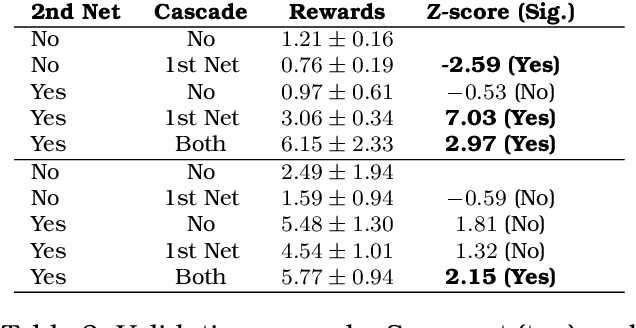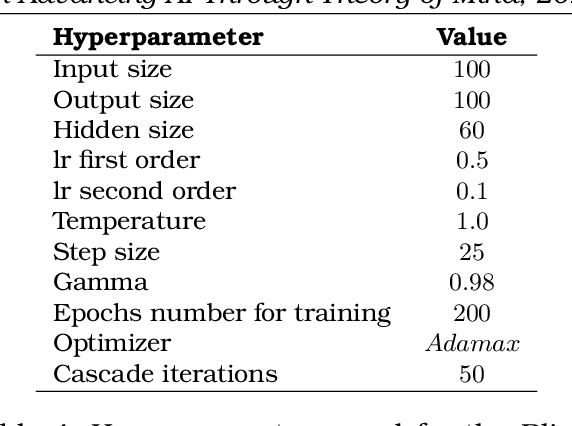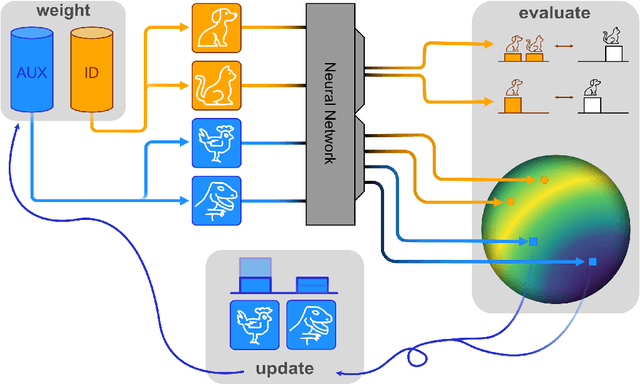Simon Schmid
Proceedings of 1st Workshop on Advancing Artificial Intelligence through Theory of Mind
Apr 28, 2025



Abstract:This volume includes a selection of papers presented at the Workshop on Advancing Artificial Intelligence through Theory of Mind held at AAAI 2025 in Philadelphia US on 3rd March 2025. The purpose of this volume is to provide an open access and curated anthology for the ToM and AI research community.
Energy-based Hopfield Boosting for Out-of-Distribution Detection
May 14, 2024



Abstract:Out-of-distribution (OOD) detection is critical when deploying machine learning models in the real world. Outlier exposure methods, which incorporate auxiliary outlier data in the training process, can drastically improve OOD detection performance compared to approaches without advanced training strategies. We introduce Hopfield Boosting, a boosting approach, which leverages modern Hopfield energy (MHE) to sharpen the decision boundary between the in-distribution and OOD data. Hopfield Boosting encourages the model to concentrate on hard-to-distinguish auxiliary outlier examples that lie close to the decision boundary between in-distribution and auxiliary outlier data. Our method achieves a new state-of-the-art in OOD detection with outlier exposure, improving the FPR95 metric from 2.28 to 0.92 on CIFAR-10 and from 11.76 to 7.94 on CIFAR-100.
Universal Physics Transformers
Feb 19, 2024



Abstract:Deep neural network based surrogates for partial differential equations have recently gained increased interest. However, akin to their numerical counterparts, different techniques are used across applications, even if the underlying dynamics of the systems are similar. A prominent example is the Lagrangian and Eulerian specification in computational fluid dynamics, posing a challenge for neural networks to effectively model particle- as opposed to grid-based dynamics. We introduce Universal Physics Transformers (UPTs), a novel learning paradigm which models a wide range of spatio-temporal problems - both for Lagrangian and Eulerian discretization schemes. UPTs operate without grid- or particle-based latent structures, enabling flexibility across meshes and particles. UPTs efficiently propagate dynamics in the latent space, emphasized by inverse encoding and decoding techniques. Finally, UPTs allow for queries of the latent space representation at any point in space-time. We demonstrate the efficacy of UPTs in mesh-based fluid simulations, steady-state Reynolds averaged Navier-Stokes simulations, and Lagrangian-based dynamics. Project page: https://ml-jku.github.io/UPT
 Add to Chrome
Add to Chrome Add to Firefox
Add to Firefox Add to Edge
Add to Edge